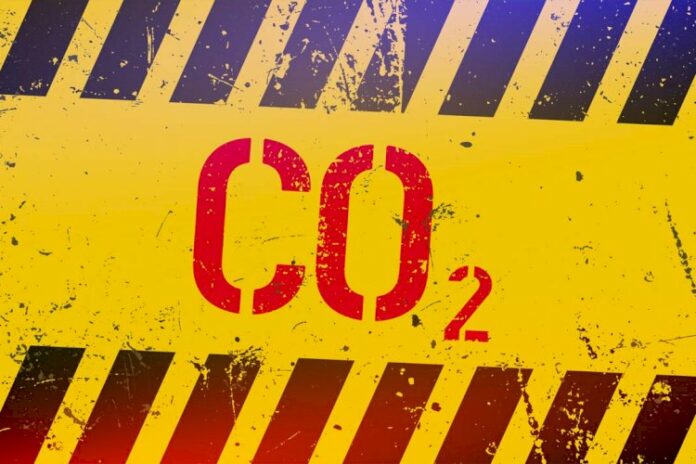PMW Technology is among the latest organisations to receive funding from the UK Government’s Department for Transport’s Transport-Technology Research Innovation Grant (T-TRIG). With funding from T-TRIG, the study will evaluate the feasibility, costs, infrastructure, impacts, and potential benefits of using advanced carbon capture from marine engine emissions to decarbonise the shipping industry.
PMW Technology’s advanced A3C carbon capture process is designed to extract carbon dioxide from marine exhaust gases by freezing, then subliming the carbon dioxide. It is then liquified and stored in dedicated tanks onboard, allowing for carbon capture from vessel emissions without radical technical overhauls of marine engines and fuels.
Rupert Hare, CEO of Houlder, comments:
“We’re pleased to be working with PMW Technology and its partners on this study and look forward to sharing our learnings upon its completion, for the benefit of all of those transforming industries that stand to benefit from advancements in carbon capture.
In the technology sector in particular, there is rapidly growing interest across the marine and energy sectors for cleaner technologies to accelerate the drive towards a zero-carbon future. The appetite for technology creates fertile ground for start-ups, and we relish the opportunity to share our 30 years’ expertise with our entrepreneurial partners and guide their projects through feasibility testing and to operational reality.”
The international marine and energy markets are at the apex of the climate crisis, and Houlder is well-placed to support the accelerated transformation of these sectors; using experience, knowledge and specialist expertise to support clients in navigating the challenges ahead and understanding how to benefit from the energy transition.
Carbon capture from marine engines offers shipping the opportunity to avoid the huge cost of new fuel systems, as well as retention of existing vessel and current high-performance engine designs. Assessing carbon capture’s potential as a more affordable means of achieving marine decarbonisation will accelerate progress towards to IMO’s 2030 and 2050 targets.



